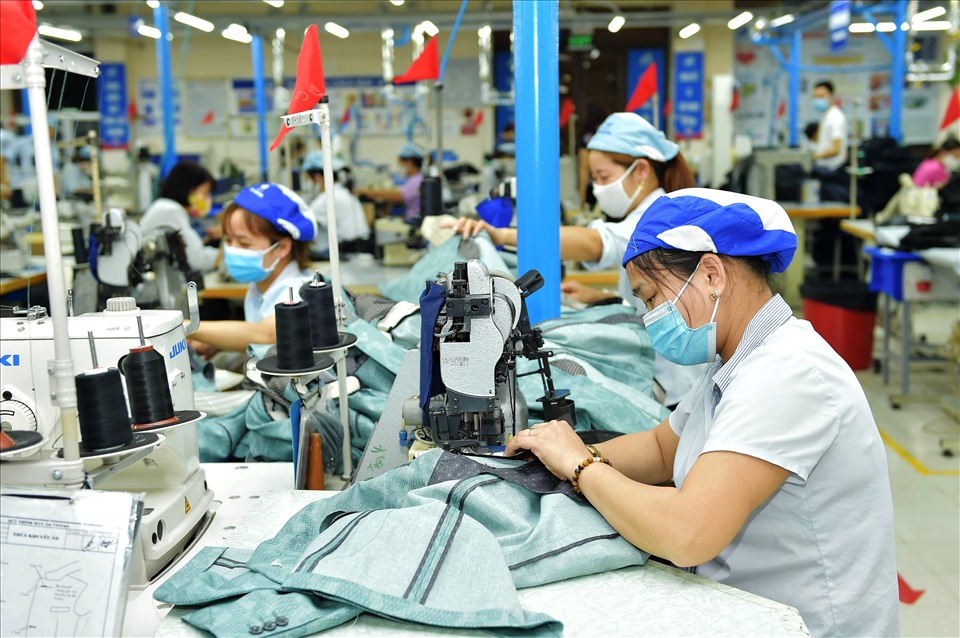Vietnam’s Economy Continues Strong Recovery
In the past six months, Vietnam’s economy has made significant progress, signaling a return to pre-COVID-19 levels with many positive indicators.

This year, month-on-month and year-on-year growth has been observed across various socio-economic sectors, including industry, agriculture, and services.
Notably, in August, the industrial sector grew by 2% compared to July and 9.5% year-on-year. The Purchasing Managers’ Index (PMI) for the month reached 52.4 points, placing Vietnam second in Southeast Asia, just behind Singapore.
Vietnam also welcomed 1.43 million international visitors in August, and 11.4 million in the first eight months of 2024, marking a 4.8% year-on-year increase and a 1% rise compared to the same period in 2019, before the pandemic. The average consumer price index for the first eight months increased by 4.04%, with core inflation rising by 2.71%.
Deputy Minister of Planning and Investment Tran Quoc Phuong highlighted that Vietnam’s economy has returned to its pre-pandemic growth trajectory, emphasizing the importance of stronger coordination among the government, sectors, and agencies to meet the 2024 growth target of 6.8-7%, and potentially exceed 7%.
Foreign direct investment (FDI) also showed strong growth. As of August 31, FDI inflows reached over USD 20.52 billion, up 7% year-on-year, with USD 14.15 billion disbursed, an 8% increase from the same period in 2023. Since the start of 2024, 2,247 new FDI projects have been licensed with nearly USD 12 billion in combined capital, an 8.5% rise in the number of projects and a 27% increase in capital.
At a government meeting on September 7, Prime Minister Pham Minh Chinh stressed the need to maintain macroeconomic stability, promote growth, control inflation, and ensure key economic balances. He called for active, flexible, and timely monetary policies, alongside coordinated fiscal policies. The Ministry of Finance was tasked with boosting state budget revenue, cutting expenses, and exploring the possibility of raising VND 100 trillion (USD 4.05 billion) through bond issuance for strategic infrastructure projects.
Nguyen Thi Viet Nga, a National Assembly deputy from Hai Duong province, pointed out that many banks are overly reliant on real estate loans, posing risks. She emphasized the importance of expanding consumer loans to support sustainable development.
Given the robust economic performance in the first half of the year, the Vietnamese economy is expected to grow by more than 6% for the whole of 2024, driven by a recovery in exports and domestic production. Nga also highlighted the need for structural reforms to boost productivity, improve the business environment, and enhance investment in human capital and infrastructure, particularly in renewable energy. Strengthening the capital markets, improving governance, and addressing debt and bankruptcy frameworks are also crucial for sustaining growth.


